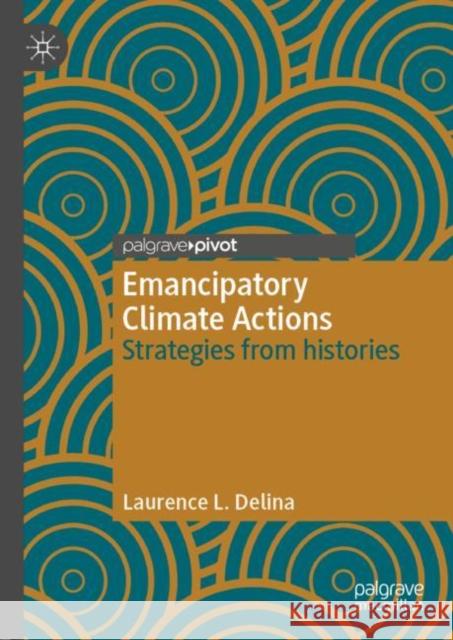Emancipatory Climate Actions: Strategies from Histories » książka
topmenu
Emancipatory Climate Actions: Strategies from Histories
ISBN-13: 9783030173715 / Angielski / Twarda / 2019 / 124 str.
Kategorie:
Kategorie BISAC:
Wydawca:
Palgrave Pivot
Język:
Angielski
ISBN-13:
9783030173715
Rok wydania:
2019
Wydanie:
2019
Ilość stron:
124
Waga:
0.32 kg
Wymiary:
21.01 x 14.81 x 0.97
Oprawa:
Twarda
Wolumenów:
01
Dodatkowe informacje:
Wydanie ilustrowane











